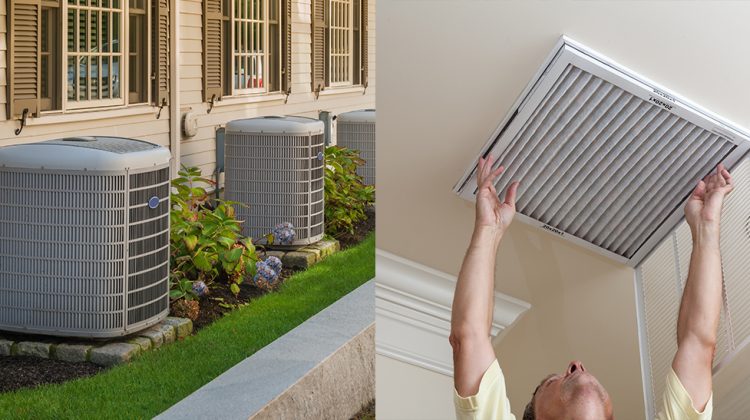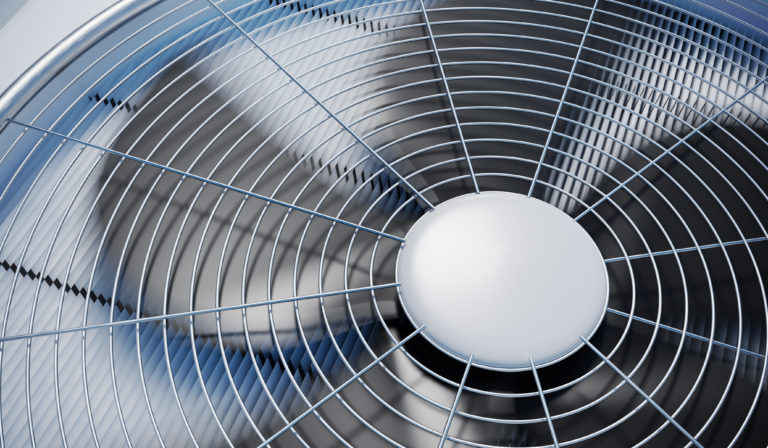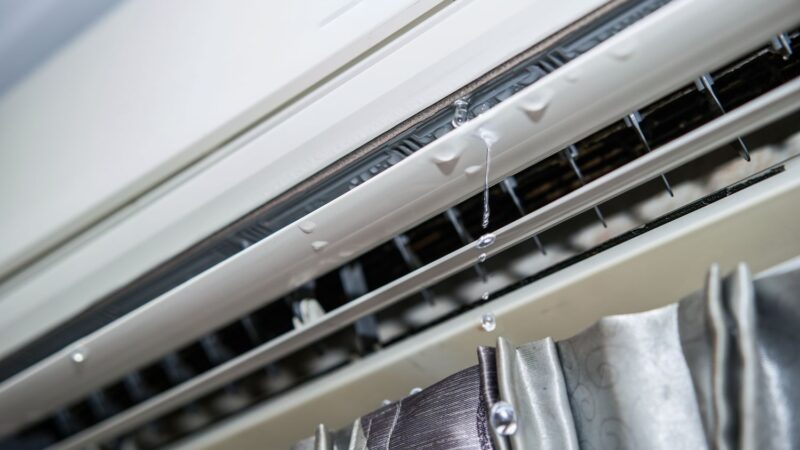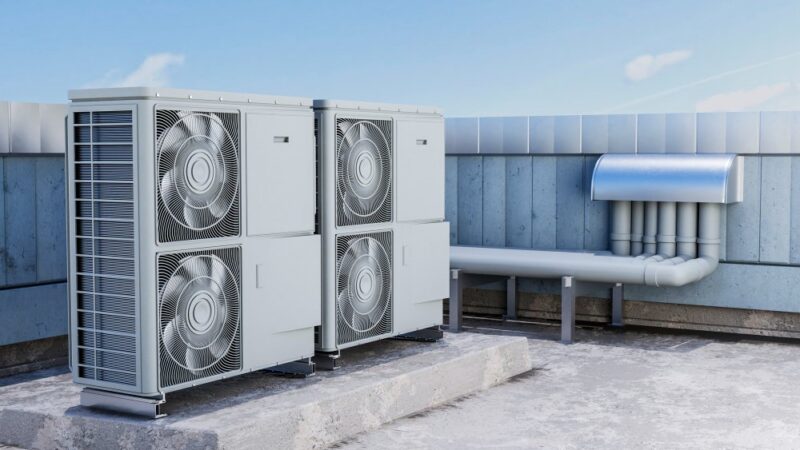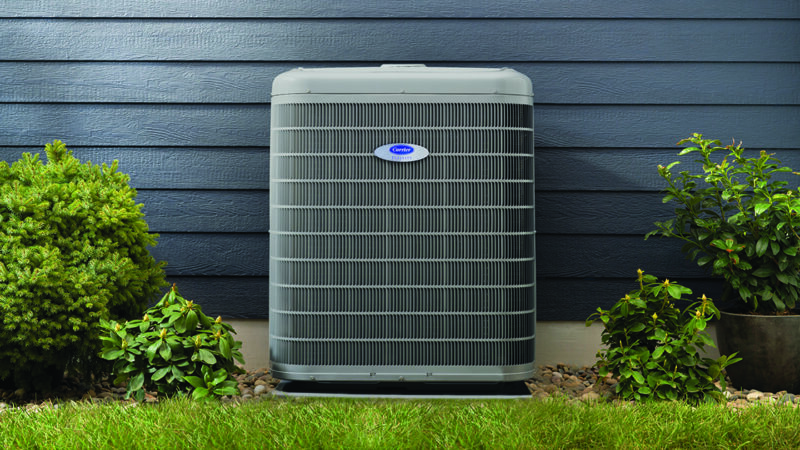6 Common Causes of Poor HVAC Airflow and How to Fix Them
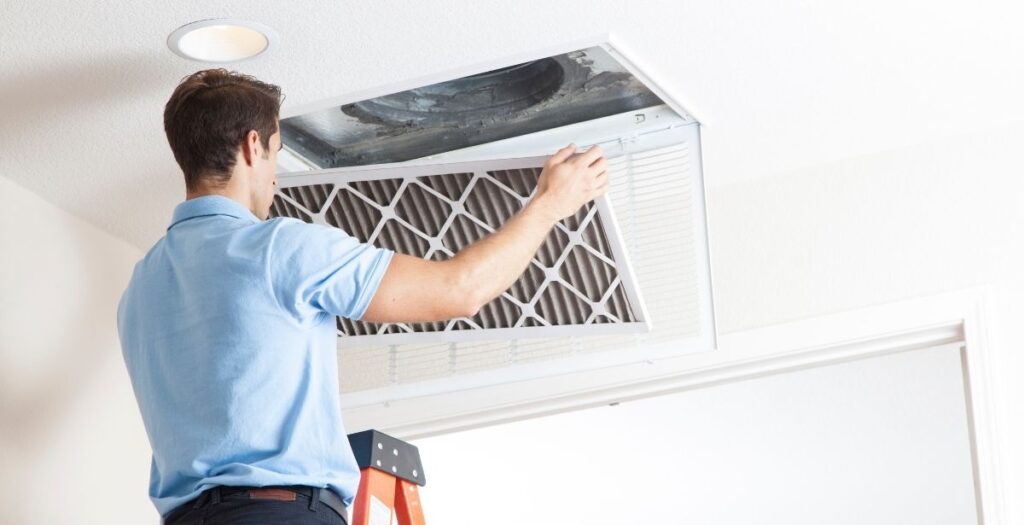
Even when your furnace and air conditioner are working flawlessly, your HVAC system may still fail to deliver the comfort you want if air isn’t circulating properly. Although reduced airflow might seem like an easy fix, it can actually stem from a range of underlying issues. Here are Six common causes of poor airflow in HVAC systems and some tips on how to address them.
Common Causes of Poor HVAC Airflow
Poor airflow in your HVAC system can lead to uneven temperature control, reduced air quality, and discomfort in your home. If you’re experiencing hot and cold spots, weak airflow from vents, or unusual noises, there could be several factors at play. Here are six common causes of poor HVAC airflow and solutions to help restore comfort and efficiency to your space.
1. Blocked Vent Registers
The simplest issues are often the best starting point. If certain rooms are receiving less airflow than others, check if the vent registers in those areas are fully open. Sometimes, furniture, curtains, or large plants might accidentally block vents, disrupting the system’s air balance. Ensure that each vent is unobstructed by keeping furniture or decor a few feet away, allowing air to flow freely throughout your home.
2. Duct Damage or Leaks
Ductwork is essential for delivering conditioned air, but leaks or blockages can prevent it from reaching its destination. In fact, an average home loses 20 to 30 percent of heated or cooled air through duct leaks. Ducts can also become dented or crimped, creating bottlenecks that limit airflow. Because most duct issues are hidden behind walls, a professional duct inspection is recommended. Technicians can identify and fix problem areas, replacing or sealing damaged sections to restore efficient airflow.
3. Dust and Debris Buildup
Dust buildup is a common problem that not only affects air quality but also threatens your HVAC system’s components. Furnace filters, while helpful in filtering airborne dust, primarily protect the system itself from harmful buildup. If dust accumulates inside your HVAC unit, it can insulate parts, preventing heat dissipation and leading to overheating. Dust on electrical wiring can also cause power interruptions and even fire hazards. Regularly changing filters and scheduling professional cleanings can reduce these risks.
4. Failing Blower Fan
The blower fan is responsible for circulating air, and if it’s worn out or malfunctioning, airflow may become weak or inconsistent. A sluggish blower fan could be due to dust on the motor, aging parts, or failing components like the capacitor. You may notice higher energy bills as the blower draws more power to compensate for its inefficiency. Unusual sounds, such as grinding or squealing, may indicate an issue with the motor, so it’s wise to consult an HVAC technician if you hear any irregular noises.
5. Dirty or Blocked Condenser Coils
The condenser unit, located outdoors or in a mechanical room, is essential for releasing heat collected by the HVAC system. If the coils are dirty or the condenser is blocked, the unit may overheat, reducing airflow and efficiency. Regularly cleaning the coils, ideally once or twice a year, can improve the unit’s performance. Scheduling annual HVAC maintenance can help keep the condenser and coils clean, ultimately saving on energy costs and prolonging the unit’s life.
6. Outdated or Mismatched HVAC Components
If your HVAC system is outdated, improperly sized, or wasn’t adjusted after a remodel, it may be inefficient. An oversized unit may cycle on and off frequently, leaving too much humidity in the air, while an undersized unit may struggle to maintain the desired temperature, leading to higher energy costs and warmer indoor temperatures. Consult an HVAC specialist to assess if your system is the right size for your home and meets your cooling and heating needs effectively.
Recommendation
Choosing the Best Air Filter for Your Home HVAC System
The Ultimate Guide to Increasing Your HVAC Lifespan
8 Most Common Types Of HVAC Systems
Air Conditioner Smells Musty? Here’s How to Fix It
How Much Electricity Does an Air Purifier Use?
Conclusion
Addressing these common HVAC issues can significantly improve airflow, indoor comfort, and energy efficiency. Regular maintenance, including professional inspections and cleaning, can help keep your system running smoothly and extend its lifespan. If you’re experiencing any of these issues, consider reaching out to an HVAC professional to ensure your system is working at its best.


